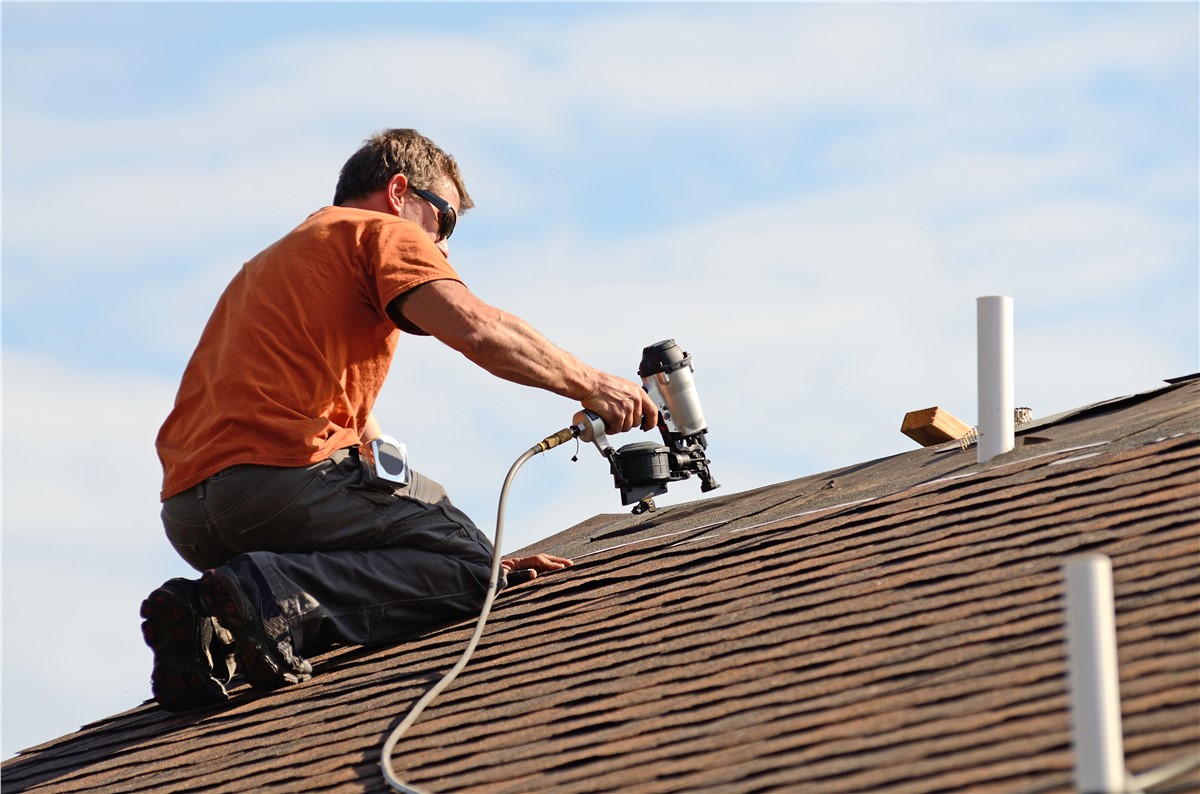Roof installation is one of the most important aspects of a home. Roofs not only protect your house from inclement weather, but they also improve the aesthetics and curb appeal. A quality roof installation can last for decades if properly maintained, so it’s well worth investing in to make sure your family stays safe. Here are five things you should know before you hire an installer:
What Type Of Roof Do I Need?
Not all roofs are created equal. You will need to determine if you want a flat roof, pitched roof, or sloped style before going forward with your installation. There are pros and cons to each type of roof design that should be considered when choosing one. For example, large sloped roofs can weigh more than traditional roofs because they contain more materials.
Is My Home’s Structure Capable Of Supporting A New Roof?
Heavier slate or tile roofs can add a considerable amount of weight to the exterior walls of your home. It is important you consult an experienced professional who can assess whether or not the existing supports in your home are sufficient for the added weight before proceeding with the installation. If you do decide on this heavier, more durable type of roof, be prepared to upgrade your support beams to keep your home structurally sound.
What Materials Are The Best?
Knowing what material works best for your roof depends on a few factors. Talk to a contractor and ask them about the advantages and disadvantages with each type of material – slate, tile, natural rubber, copper or synthetic rubber. Factors such as upkeep differences should be considered depending on which you choose. For example, rubber roofs require annual stripping and recoating whenever they are exposed to sun and weather elements for extended periods of time. Copper roofs need resealing every 10 years if properly maintained as well as application of an anti-tarnish coating in between regular cleanings at least once a year. Slate and tile roofs need to be treated regularly so the exterior finish doesn’t degrade from weathering and exposure.
Is My Home’s Style Compatible With A Roof?
Some homes’ styles are not intended to support heavy slate or tile roofs. It is important that you hire someone experienced to ensure your home can handle heavier materials before installation begins. This is particularly true for older homes because modifications aren’t always easy nor cheap if your house was never built with the intention of supporting these types of roofs in the first place.
What Type Of Warranty Should I Expect?
Numerous factors including material quality, installers qualifications, cost and labor can all affect what type of warranty you get on your new roof. If you are looking for a long-lasting, quality roof installation, be sure to ask about the material’s warranty and if they have a solid track record of meeting their stated life expectancy on projects they’ve installed.
Is My Roof Flat Or Sloped?
Flat roofs mean there is nothing attached but plywood, whereas a sloped roof usually has materials such as asphalt tiles, metal sheets, and fibers which leads to increased weight. Because of this increase in weight, it’s important to take a look at the structure of your house first before making your decision. If you have an older home with weak supports for example but want a slate or tile roof, then chances are they won’t be able to support the extra weight and may need to be replaced with iron beams. For newer homes however, a lot of them are built with strong supports that can support heavier materials. So before moving on to step 3 and looking at material types of roofs, you have to make sure that your home’s structure can support it.
What Kind Would Suit Me Best?
If your roof is old (more than 10 years or so), then you may want to think about getting a new one instead of paying for repairs, especially if the leaks keep coming back over time. There are several options available which include shale shingles, slate tiles, clay tiles, synthetic rubber roofing or copper roofs. It’s important that you look at your home first before deciding though because some of these types are not meant for all houses and come with certain drawbacks.
What Type Of Warranty Should I Expect?
If you are looking for a long-lasting, quality roof installation, be sure to ask about the material’s warranty and if they have a solid track record of meeting their stated life expectancy on projects they’ve installed.
Should I Get Asphalt Shingles Or Tiles?
If your roof is relatively new (installed within the last 10 years or so), you will probably decide to get asphalt shingles because it has proven itself as one of the more reliable materials for roofs. However, since this is an article about slate and tile roofs, we’ll focus our attention on slates and tiles instead . If your roof is older than 10 years, then it may be time to think about slate tiles or natural stone as a replacement.




